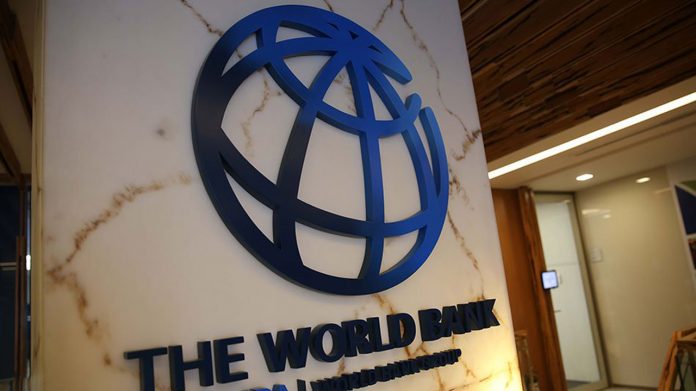The World Bank on Thursday projected that poverty in Nigeria will increase by 3.6 percentage points over the next five years, rising through 2027.
This was contained in the Bank’s Africa’s Pulse report released during the ongoing Spring Meetings of the International Monetary Fund, IMF, and the World Bank in Washington, DC.
The report paints a troubling outlook for poverty reduction in Nigeria, stressing that despite some recent gains in economic activity, especially in the non-oil sector during the last quarter of 2024, structural issues related to resource dependence and national fragility are likely to hinder progress.
The World Bank said Nigeria and other resource-rich and fragile countries in Sub-Saharan Africa, will experience an exacerbating poverty situation, unlike non-resource-rich countries, which are expected to see faster poverty reduction.
“Poverty in resource-rich, fragile countries—including large economies like Nigeria and the Democratic Republic of Congo—is projected to increase by 3.6 percentage points between 2022 and 2027,” the report stated.
The report underscores that Sub-Saharan Africa continues to have the highest extreme poverty rate globally, with a disproportionate concentration of the poor: In 2024, 80% of the world’s 695 million extreme poor lived in Sub-Saharan Africa.
The report further said that within the region, half of the 560 million extreme poor were located in just four countries.
In comparison, South Asia accounted for 8%, East Asia and the Pacific 2%, the Middle East and North Africa 5%, and Latin America and the Caribbean 3%.
Resource-rich countries are expected to lag in poverty reduction due to slowing oil prices and weak fiscal structures. Conversely, non-resource-rich countries are benefiting from high agricultural commodity prices, which are fueling stronger growth despite fiscal pressures.
“This follows a well-established pattern whereby resource wealth combined with fragility or conflict is associated with the highest poverty rates—averaging 46% in 2024, which is 13 percentage points higher than in non-fragile, resource-rich countries,” the report added.
The World Bank, in light of these projections, recommends that Nigeria and similar economies focus on improving fiscal management and building a stronger fiscal contract with citizens to promote inclusive economic development and long-term poverty alleviation.






